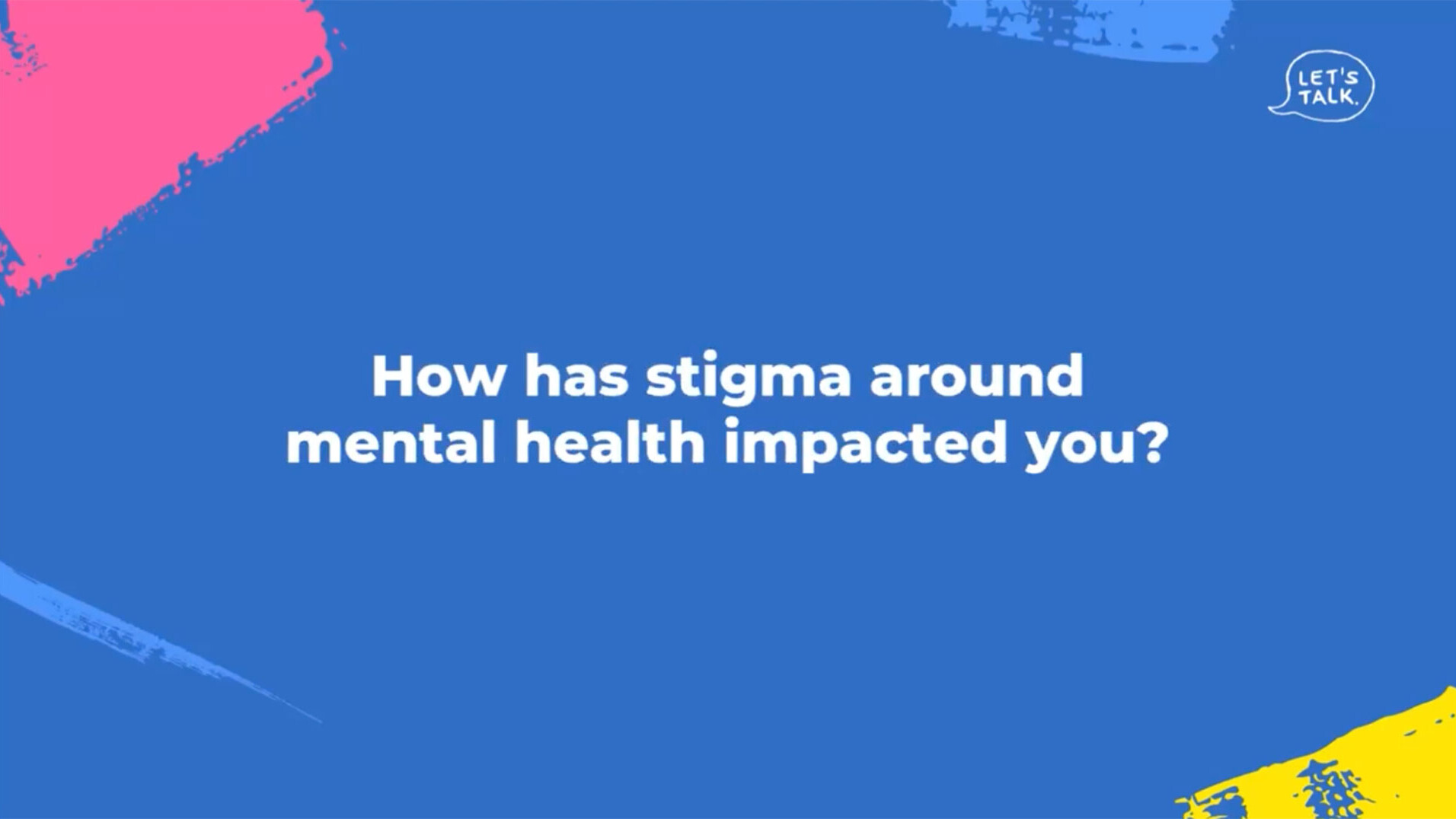You can make a positive impact on someone’s mental well-being with plenty of resources to guide you. These tools and guides can help you support others with care and respect.
Spot the signs that someone needs your support
Sometimes people don’t openly share when they are struggling. But there are signs you can look for. If you notice changes in their behavior, mood, or energy, it might be a sign they need support.
Here are some examples:
Pulling away from friends
Lacking energy to do activities they usually enjoy
Acting irritable or having mood swings
Talking about wanting to escape or harm themself
Talking about feeling hopeless or helpless
Increased use of substances like alcohol or drugs
Here is how to approach them with care and respect
You don’t need to have all the answers, and you don’t need to be perfect. If you are unsure of how to respond, it is okay! What matters is that you are there.
Sometimes, simply listening can be the most helpful thing you can do to help someone feel heard and understood.
Not sure how to start?
Here are simple ways to check in with someone:
"I’ve noticed some changes in you lately. Are you okay? Want to talk?"
"I’ve noticed some changes in you lately. Are you okay? Want to talk?"
"It seems like you’re going through a lot. I’m here if you need someone to listen."
"It seems like you’re going through a lot. I’m here if you need someone to listen."
"Sometimes talking about it makes things feel lighter. I’m here whenever you’re ready."
"Sometimes talking about it makes things feel lighter. I’m here whenever you’re ready."
"You’ve seemed stressed, is there anything I can do to help?"
"You’ve seemed stressed, is there anything I can do to help?"
Even if the person does not start talking about their concerns right away, check in with them again. That day might be the day they feel ready to talk.
Get through challenges that stand in the way
Talking about struggles and feelings can be tough, especially in communities where it is not often discussed. But stigma doesn’t have to stop us from reaching out for help.
In our communities, discussing mental health is not always easy. Cultural and historical factors often keep struggles hidden, but many of us have faced challenges that have shaped our strength and resilience. By talking openly about how we feel, we can heal together, break down stigma, and create a more supportive environment for everyone.
To help break the shame and make others feel safe talking about how they really feel, start by sharing your own experiences. You can also share helpful resources, offer support, and show that asking for help is a sign of strength. When we talk about our struggles openly, it helps others feel safe reaching out. You can also be a leader by being someone others feel comfortable talking to.
Many people do not talk about their struggles because they worry that they might be a burden. Let them know their feelings matter and they are not alone. Remind them it is okay to feel how they feel. Let them know you care and want to hear what they are going through. Encourage them to share, saying you would rather they talk than keep everything inside. Let them know you’ve been through tough times too, and talking really helped. Tell them they are not alone and that you are there to support them.
Respect their space.
Let them know you are here for them whenever they are ready to talk.
It is normal to feel nervous. Your goal is to show you care. If they are upset, give them space and try again later. Talking with someone might indeed cause that person to escalate in the moment.
If the conversation doesn’t go well, be sure to support yourself, too. Talk to a trusted friend, family member, or counselor about how you’re feeling. Set boundaries to protect your own well-being and consider taking some time apart from them. You can also reach out to resources like the 988 Colorado Mental Health Line for guidance on what to do next.
If the person is not ready to talk, that is okay. Let them know you are there whenever they are ready. Sometimes, people just need time. There is no “perfect” time to have a conversation — if they want to talk, be ready to listen, even if it is not the right time for you. You can also suggest a better time or place to talk.
Frame your approach with empathy. Let them know, “It’s okay to not be okay,” and that you just want to help.
You are not expected to fix everything. Just listening and showing you care can make a big difference.
You do not need all the answers. Listening with compassion and encouraging them to get professional help is a powerful form of support. If you are still not sure, you can always ask how they think you could best support.
When It Is Time to Seek Expert Help
Sometimes, the situation may be too much to handle alone. It is important to know when to seek professional help to keep your loved one safe and supported.
Signs of a Crisis:
Expressing that life feels unbearable
Withdrawing from loved ones or isolating themselves
Severe mood changes or feelings of hopelessness
Talking about harming themselves or others
Giving away their prized possessions
What You Can Do:
Encourage your friend to reach out for professional help
Help them contact a crisis hotline or emergency support,
like 988 (which you can call, text or live chat online).

